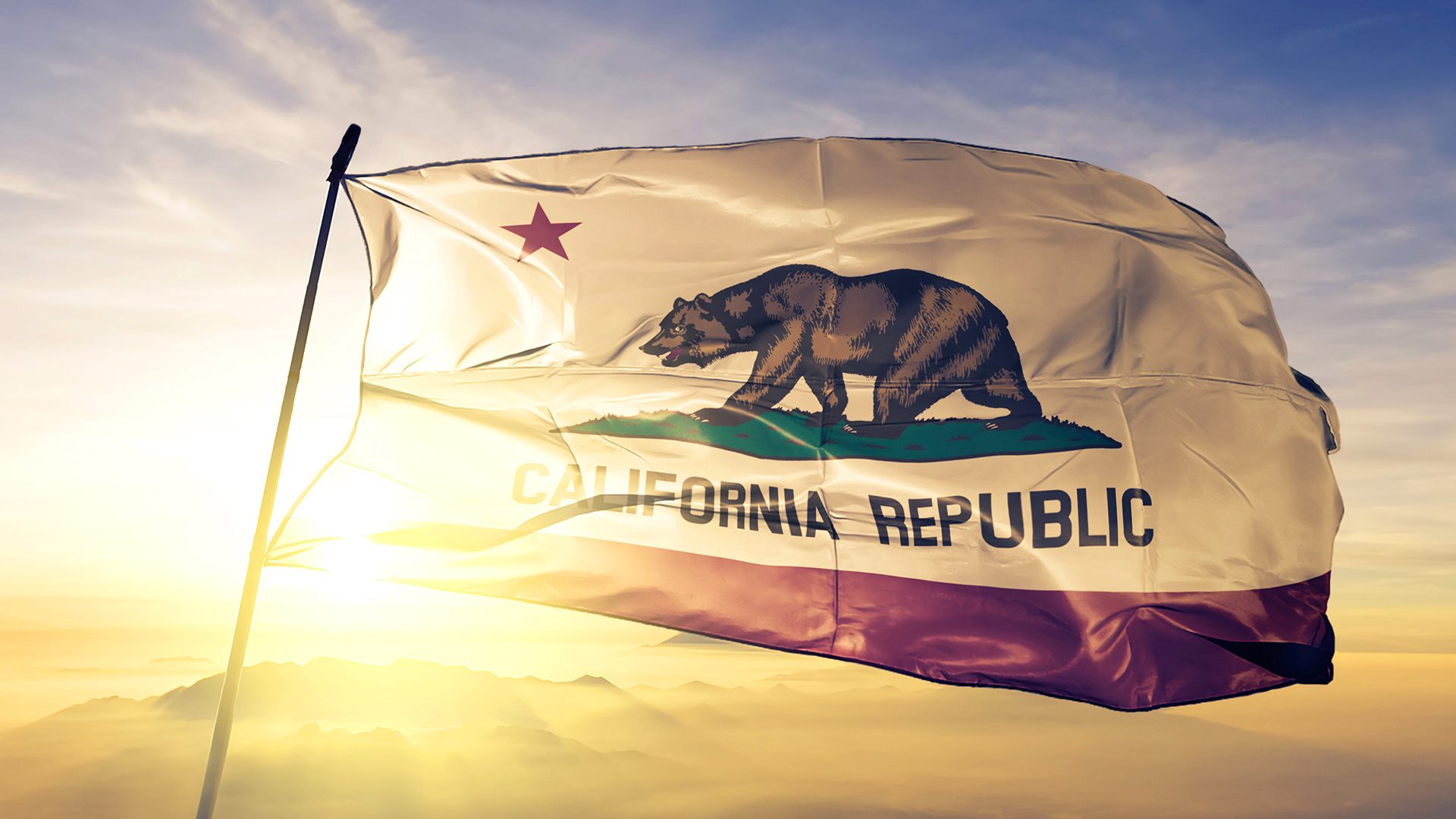The threshold question of who decides whether a dispute is subject to an arbitration agreement continues to be hotly contested. In Wilson-Davis v. SSP America, Inc., a California appeals court determined that arbitrability— that is, whether the parties agreed to arbitrate a particular dispute—is to be decided by a court and not an arbitrator unless the parties clearly and unmistakably provide otherwise in a collective bargaining agreement (CBA). In so holding, the court jettisoned prior distinctions between commercial agreements and CBAs on the issue of arbitrability.
The court held a mere reference that grievances were to be resolved under the CBA was not an express delegation to the arbitrator to decide whether a dispute was subject to arbitration. So, for unionized employers, if you want the arbitrator to decide this threshold question, you must negotiate appropriate language in your labor contracts. The court also concluded that the arbitration agreement did not encompass statutory wage-and-hour claims because there was no clear and unmistakable reference to statutory claims in the CBA.



